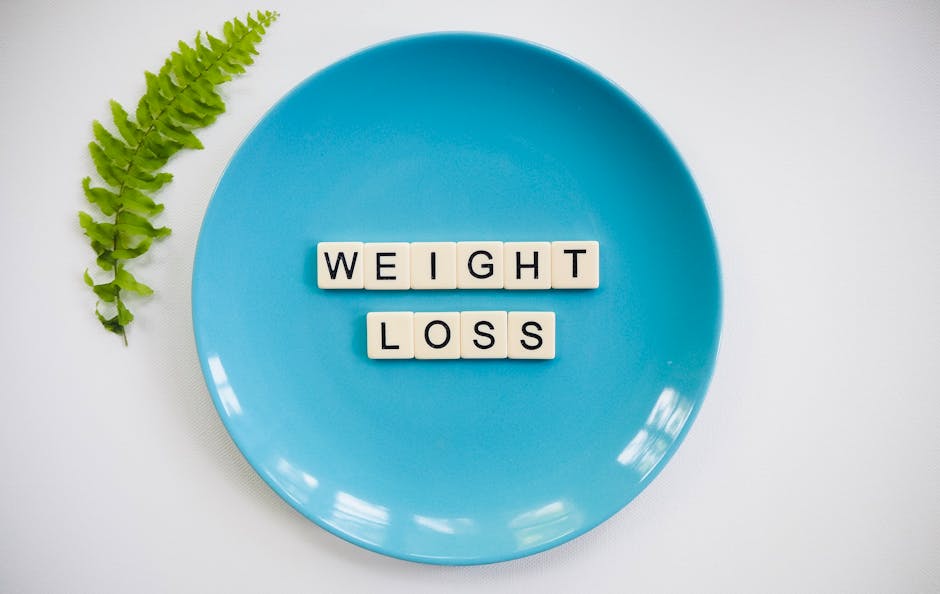Maintaining a healthy weight is crucial for overall well-being. However, the journey to weight loss can be daunting, especially with the abundance of conflicting information available. This blog post aims to shed light on the importance of diet and provide evidence-based strategies for successful weight loss.
**Why Is Diet Essential for Weight Loss?**
Diet plays a central role in weight loss as it determines the amount of calories consumed. Calorie intake is measured in kilocalories (kcal) or calories. To lose weight, one must create a calorie deficit by consuming fewer calories than the body burns. A balanced diet rich in nutrient-dense foods provides satiety, promoting feelings of fullness and reducing cravings.
**Dietary Strategies for Weight Loss**
* **Focus on Whole, Unprocessed Foods:** Fruits, vegetables, whole grains, and lean protein provide essential nutrients, fiber, and antioxidants while promoting satiety.
* **Limit Processed Foods and Sugary Drinks:** These foods are often high in calories, saturated fat, and added sugars, contributing to weight gain.
* **Choose Lean Protein Sources:** Protein helps build and maintain muscle mass, which is essential for burning calories and preventing muscle loss during weight loss.
* **Hydrate Adequately:** Drinking plenty of water helps curb hunger, boost metabolism, and support overall health.
**Other Considerations for Weight Loss**
* **Set Realistic Goals:** Aiming for a gradual weight loss of 1-2.5 pounds per week is sustainable and more likely to be maintained in the long run.
* **Engage in Regular Exercise:** Physical activity burns calories, builds muscle, and improves overall health. Aim for at least 150 minutes of moderate-intensity exercise per week.
* **Get Enough Sleep:** Sleep deprivation can disrupt hormonal balance and increase cravings, making it harder to manage weight.
* **Manage Stress:** Chronic stress can lead to increased cortisol levels, which can promote fat storage. Find healthy stress-management techniques such as exercise, yoga, or meditation.
**Conclusion**
Diet is a cornerstone of weight loss, providing the necessary calorie deficit and nutrients to support a healthy weight management journey. By following evidence-based dietary strategies, setting realistic goals, and incorporating other lifestyle factors such as exercise and stress management, individuals can achieve sustainable weight loss and improve their overall well-being. It is always recommended to consult with a healthcare professional or registered dietitian for personalized guidance and support.

